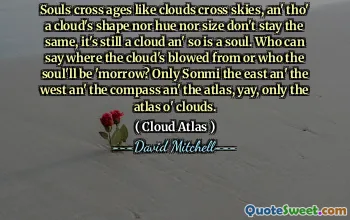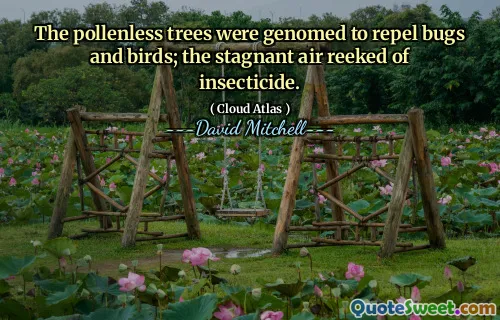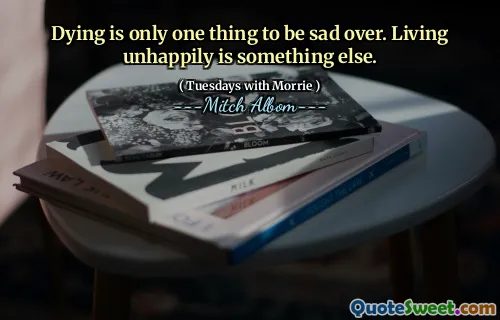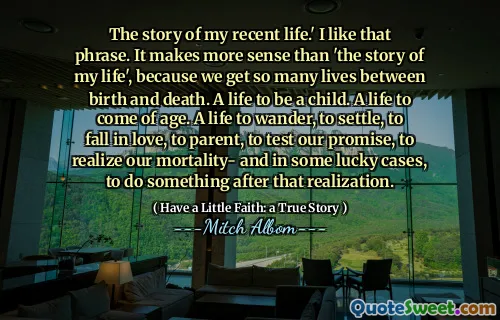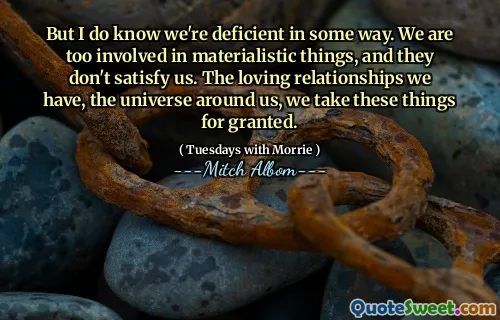This was their way of honoring the dead. The story over, the demands of their own hard, rough lives began to re-assert themselves in their hearts, in their nerves, their blood and appetites. Would that the dead were not dead! But there is grass that must be eaten, pellets that must be chewed, hraka that must be passed, holes that must be dug, sleep that must be slept. Odysseus brings not one man to shore with him. Yet he sleeps sound beside Calypso and when he wakes thinks only of Penelope.
The narrative reflects on the profound impact of loss and the way the living honor those who have passed. While the characters are momentarily consumed by grief, the realities of their challenging existence soon return to the forefront. They are reminded of the daily struggles and the necessities of life that demand their attention and energy. The longing for the deceased highlights a universal desire to cling to those we've lost, but life continues with its essential chores and rhythms.
Odysseus serves as a poignant symbol in this context; even as he enjoys the solace of Calypso, his thoughts are anchored in the past with Penelope. The contrast illustrates how the living must grapple with their losses while simultaneously fulfilling their responsibilities. It underscores the tension between remembrance and the relentless progression of life, suggesting that while grief is a significant part of the journey, duty and survival ultimately prevail.
